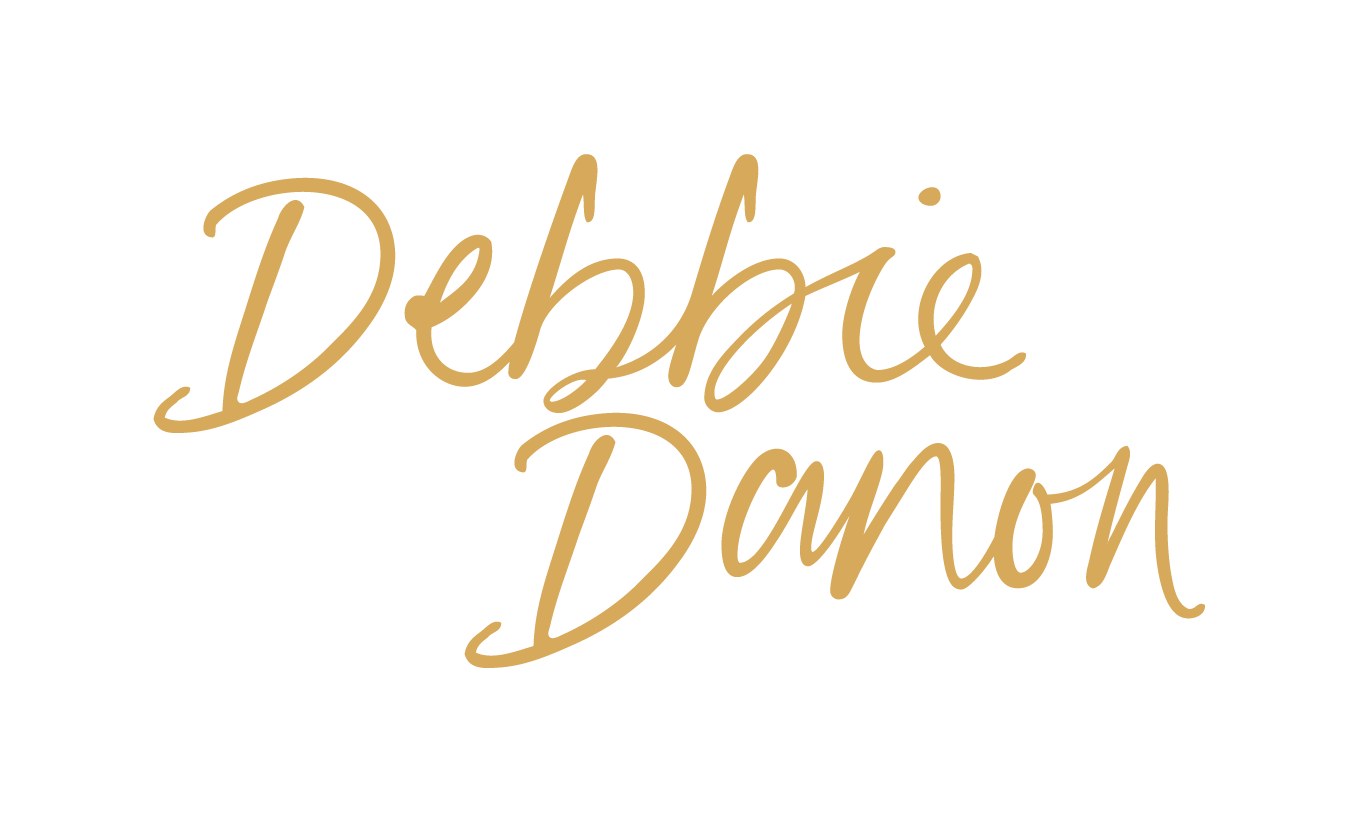Overcoming performativity: For cultures of true Accountability, we must first reckon with a different ‘A’
As the Jonah story illustrates, the desire to run from accountability is human. So from feedback conversations to addressing micro-aggressions, how do we create leadership cultures of true accountability?
What does 'accountability' mean to you?
Does 'accountability' conjure positive associations for you, or negative ones?
And real talk - what's your preferred way of avoiding accountability (as almost all of us do!) when s*** gets real?
I am just landing from a profound experience of Yom Kippur with my Jewish community. I spent the day fasting, singing, connecting deeply with myself, seeing the light in others, and allowing myself to be seen, too. All from the proverbial 'belly of the whale' - the place where the prophet Jonah, the Biblical poster boy of the human tendency to run from accountability, finally repented and took up his divine mission.
In the midst of this intense 'repentance retreat', I had a new revelation about what true accountability means for me - and for the leaders and organisations I work with.
On the hook / Off the hook
When I ask leaders I work with what 'accountability' brings up for them, they often say things like...
Being 'on the hook' for something
Being the person with whom 'the buck stops'
Being someone who says sorry and makes amends when they mess up
Being your word
So far, so nontroversial.
But our accountability is called for not in a vaccum, but within relational and organisational systems.
So reputations and outcomes are on the line. Worries about material consequences of mistakes are real e.g. will I get in trouble, will I be fired? So it’s no surprise true accountability sometimes eludes even the best of us.
Understandably but to the detriment of true accountability, when receiving feedback on our impact (whether intentional or not), our fear responses can lead us down the safer, less vulnerable path of performative accountability...
Making effusive apologies, but not changing our behaviour or outcomes
Saying 'sorry you felt that way', rather than truly apologising
Partially acknowledging, while also making excuses, blaming others, engaging in ‘whataboutery’
Prioritising our intention over our impact
Taking accountability for low-hanging fruit, while brushing more challenging issues under the carpet
Descend into self-blame / self-hatred with little capacity to make amends
In other words, trying to wriggle off the proverbial hook that we said accountability was all about being on.
So what does true accountability require of us?
A Fifth ‘A’ for my Accountability Framework
I train leaders on True Accountability in the Rebel Courage module of my Rebel Leadership Course.
My AAAA framework of how to Acknowledge, Apologise, make Amends, and Act for the future, offers leaders practical tools to become more accountable for their impact - especially when they wanted nothing more than to run away.
As I meditated on Yom Kippur on where my accountability has fallen short this past year, a sentence bubbled up from the deep and wouldn't go away... a new A emerged...
To become accountable, I must first become AVAILABLE.
To do any of the other A's, we must first become Available.
By being available, I don't mean prioritising something in your schedule.
I mean something like…
Being able to Be With the extent of What Is...
Without being distracted or thrown off-course by fear, guilt and shame...
With enough will, capacity and support to do the rest of the work needed for accountability (AAAA).
We are available when we are present with our own thoughts, or what someone is saying. We hear them clearly, we can look at them directly. Our thoughts are expansive and open to connection, rather than defensive or seeking disconnection.
But when we are in the clutches of fear (I’m in danger), guilt (I’ve done something bad) or shame (I therefore AM bad), our reptilian nervous system forces us to centre ourselves and our safety over all else.
Our Inner Critic starts shouting at us, and the feedback lands as criticism…
'You missed the mark in this conversation' becomes 'I'm a social disaster.'
'You hurt my feelings' becomes 'I'm a terrible person.'
'Next time can you load the dishwasher like this' becomes 'I feel attacked and under-appreciated.'
Me: In full fight/flight/freeze/faun mode.
You: Perceived source of danger.
Ears: Closed for business.
Possibility for learning or restorative action: Rapidly receding.
a.k.a.
I’M UNAVAILABLE!
Being unavailable for Accountability over time takes its toll on your reputation and your culture. You will be trusted less, and people will confide and expect change from you less still.
See also: fragility, e.g. White Fragility by Robin DiAngelo
So how do we restore Availability, the essential criterion for Accountability, when it eludes us?
First Available, Then Accountable
Let's make no bones about this. Becoming available is a practice of vulnerability.
It requires us to look into our inner shadows, and squarely face the impact of where we've missed the mark.
It invites us to be seen as the perfectly imperfect human beings we are, rather than the flawless paragons of virtue we wish we were.
So what do we do when fear, guilt and shame unleash avoidance within us and sabotage our availability? It's a normal human response, but if we stay here, we'll never become fully accountable for our actions.
Based on my Three Walkways of Change from my Rebel Leadership Course, here are three types of reflection questions to start addressing un/availability, and cultivating in ourselves and in our teams.
Feel free to use these in discussions with your team, your Line Reports, even your partner or family members. Or save this somewhere for the next time you're giving or receiving feedback.
1) Recognise your 'on/off' switches for availability
- How do I know when I'm available e.g. for genuine conversation, for feedback, for being seen?
- How do I know when I have become unavailable?
- What happens to my thoughts and my body when I become unavailable?
- What are my default behaviours that unavailability stirs up, so that I avoid full accountability? (see the list above, and you may have your own)
- Do I have any ideas about what has restored my availability in the past?
2) Normalise conversations about how available you are to receive - including
- What permission do I need when my unavailability is triggered? What choices can I make to give myself that permission?
- What does my body need to calm down my activated nervous system? e.g. water, breathing, fresh air
- What more accountable alternatives might I try to my default behaviours?
- What might I do differently in the moment; and what might I do differently to process further later on?
3) Enrol Co-conspirators who can help you become available, before holding you accountable
- Who / what can help me move through my fear and regain my availability?
- Whom do I know who takes accountability well? What might I learn from them - by observing, or by requesting a conversation with them to learn more directly?
- With whom do I often experience full availability, or move from unavailability to availability quite smoothly? What is it about their presence that facilitates this - and what does this teach me about my own needs?
- How might I enrol others around me as co-conspirators in the cause of Creating Availability?
e.g. normalising questions like, 'Are you available to receive more feedback, or do you need some time to process?'
So... what has this sparked for you?
What’s one thing you’ll do differently after reading this?



